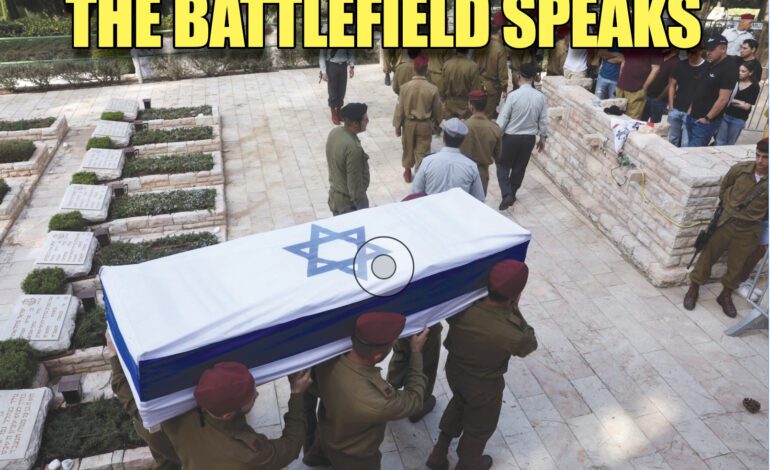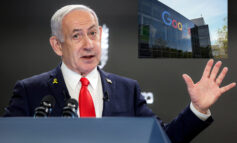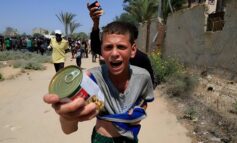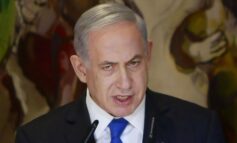The Israeli offensive in Gaza and Lebanon continues to face significant challenges on multiple fronts. Prime Minister Benjamin Netanyahu is grappling with an intensifying internal political crisis and a looming corruption trial while the Israeli military faces an emboldened and well-organized resistance on the ground.
Military stalemate in Lebanon
The Israeli military has been unable to secure tangible progress on the northern front with Lebanon. Despite declaring a “second phase” of its ground operation, the Israeli Defense Forces (IDF) have failed to establish control over critical areas or facilitate the return of settlers to northern regions. The resistance in Lebanon, led by Hezbollah, has showcased advanced tactical and operational capabilities. Daily barrages of rockets and drones, coupled with strategic ambushes, have inflicted substantial casualties on Israeli forces.
The IDF’s inability to hold positions in the forward villages underscores its challenges. Resistance forces have not only thwarted incursions, but have also maintained the upper hand by targeting Israeli military sites and security installations deep within Israeli territory. This dynamic has left the Israeli leadership scrambling for solutions while morale among troops remains low.
The ceasefire gambit: A political maneuver
Netanyahu’s push for a ceasefire, supported by the U.S., highlights his desperation to secure a political win amid the escalating conflict. The proposed ceasefire terms, presented through U.S. intermediaries, were heavily skewed toward Israeli security and dominance demands, including international guarantees to disarm Hezbollah and strict oversight of Lebanon’s borders and ports.
However, Lebanon, represented by Speaker Nabih Berri, has categorically rejected these terms, viewing them as an infringement on Lebanon’s sovereignty. Berri’s firm stance reflects a broader Lebanese consensus against capitulating to Israel’s conditions, particularly those aimed at undermining Hezbollah’s defensive capabilities.
Israeli military losses mount
Israeli military losses in the battlefield have been severe in the last few days. In one particularly notable incident, 10 members of an Israeli elite unit were killed or injured in a resistance ambush in the strategic “Liberation Quadrant,” a zone encompassing Maroun al-Ras, Bint Jbeil, Aynata and Aitaroun. Hezbollah forces have also employed advanced drone and missile technologies, striking key Israeli military installations, including the headquarters of the Ministry of Defense and critical air force bases in Tel Aviv.
These strikes have disrupted daily life in Israel, with air raid sirens becoming a constant reminder of the Hezbollah’s reach. The economic and psychological impact on the Israeli population is growing, further complicating the government’s ability to project strength.
Destruction and humanitarian impact in Lebanon
The relentless Israeli bombardments have caused widespread devastation in Lebanon. Southern regions, as well as urban centers like Beirut’s southern suburbs, have suffered heavy bombardment. More than 45,000 housing units have been completely destroyed, and damage estimates in billions of dollars. The human toll is staggering, with thousands killed and injured, including women and children, and more than 1.4 million people displaced.
Despite these atrocities, Hezbollah forces have demonstrated remarkable resilience, successfully preventing Israeli forces from holding ground or achieving their strategic objectives.
A humanitarian catastrophe in Gaza
In Gaza, the situation is even more dire. Official Palestinian sources report more than 43,750 fatalities, the majority of whom are women and children. The Israeli military’s strategy of depopulating northern Gaza, described by some Israeli officials as a form of ethnic cleansing, has drawn widespread international condemnation.
The resistance in Gaza has shown no signs of capitulation. Rocket strikes and other defensive measures have inflicted casualties on Israeli forces, even as the humanitarian crisis worsens. The United Nations and other international bodies have called Israel’s actions in Gaza tantamount to genocide, citing the deliberate targeting of civilians and critical infrastructure.
Regional and international dynamics
The Arab-Islamic summit in Riyadh marked a rare moment of unity among regional powers, calling for an immediate ceasefire and reiterating the need for a solution based on Palestinian rights and sovereignty. While the summit’s declarations carried symbolic weight, the lack of concrete measures to counter Israeli aggression underscored the limitations of regional diplomacy.
Meanwhile, the U.S. and other Western allies continue to provide indirect support to Israel, enabling its military operations. Reports suggest that some of Israel’s actions are being coordinated with American and European officials, further complicating efforts for a resolution.
Netanyahu’s domestic troubles are rising
Netanyahu’s political and legal woes have only deepened amid the conflict. Facing charges of bribery, fraud and breach of trust, Netanyahu’s trial is scheduled to begin in December, despite his efforts to delay proceedings. His appeals for postponements, citing war-related duties and national security concerns, have been rejected by the judiciary.
Adding to his troubles, Netanyahu’s inner circle is under investigation for multiple scandals, including leaking state secrets for political gain and allegations of extortion involving senior military officials. These developments have eroded public confidence in his leadership, with growing protests and dissent within Israeli society.
The larger implications
The ongoing conflict has exposed deep vulnerabilities within Israel’s military and political establishment. The resilience of the resistance in both Gaza and Lebanon has undermined Israel’s ability to achieve its objectives, while the mounting civilian casualties and humanitarian crises have drawn widespread international criticism.
Netanyahu’s position appears increasingly precarious as he struggles to balance military operations, domestic political challenges and growing international scrutiny. His reliance on military aggression as a distraction from his legal and political troubles may backfire, further isolating him both domestically and internationally.
As the conflict drags on, the cost — human, economic and political — continues to rise for all parties involved. The coming weeks will likely determine whether Netanyahu can navigate these overlapping crises or if his leadership will succumb to the mounting external and internal pressures.






Leave a Reply